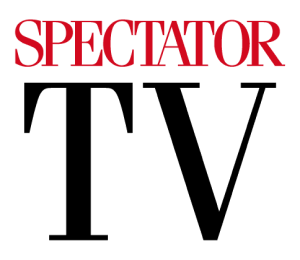The British right is embracing direct action
First, it was Robert Jenrick tackling fare dodgers. Then it was Gareth Davies pursuing a thief. You might be forgiven for thinking that copies of Marvel’s Avengers were circulating in Portcullis House. But among elements of the British right there is a renewed appreciation of the benefits of direct action. Shut out of office until at least 2029, Tory and Reform politicians are finding ways to channel their frustrations into novel, low-cost, forms of protest. Nigel Farage’s aides have embraced humorous stunts such as beaming their membership numbers onto CCHQ and handing out blank books to journalists titled Highlights from my first 100 days, by Kemi Badenoch. Others, like Jenrick, try to think











